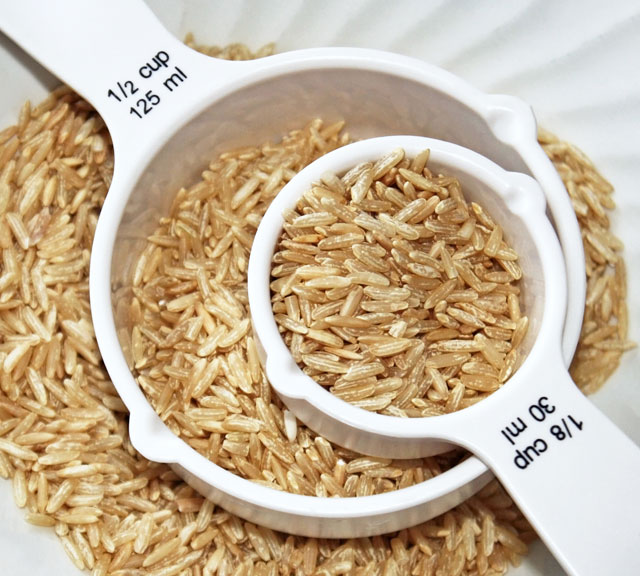Am I At Risk For Type 2 Diabetes?

Find Your Perfect Match
Answer a few questions and we'll provide you with a list of primary care providers that best fit your needs.
Are you at risk for type 2 diabetes — and why is that important to know? The disease is on the rise, with more than 1.4 million people being diagnosed in the U.S. each year. As many as one in three Americans will have type 2 diabetes by 2050, says the Centers for Disease Control and Prevention (CDC).
Diabetes causes you to have too much sugar in your bloodstream as a result of not having enough of the hormone insulin in your body to process the sugar.
Over time, raised blood sugar levels can lead to nerve and blood vessel damage, causing an array of medical issues from heart attack and stroke to amputation. So, it’s good to know if you have risk factors that make you more likely to develop the disease.
Risk Factors You Can Reduce
Many risk factors are in your control, so you can lessen your chance of developing type 2 diabetes. They’re called modifiable risk factors. Choosing to live a healthy lifestyle with good food choices, frequent physical activity, and a healthy weight are major steps you can take to prevent diabetes.
You can work on the following to reduce your risk of developing type 2 diabetes:
- Being overweight or obese. These conditions keep your body from making and using insulin properly. If you are overweight, losing 5 to 7 percent of your body weight can help delay or prevent diabetes, according to the CDC.
- Physical inactivity. Motivate yourself to get at least 150 minutes a week of moderate-intensity aerobic activity or 75 minutes of vigorous activity. You’ll also benefit from muscle-strengthening exercises at least twice a week.
- High blood pressure (hypertension), generally higher than 130/80.
- Abnormal cholesterol levels. This includes HDL (good) cholesterol below 35 or a triglyceride level above 250.
- Untreated sleep problems, such as sleep apnea. With apnea, sleep is interrupted when you stop breathing for short periods during sleep. Night shift work also can cause problems with sleep.
Certain blood tests can determine if you have prediabetes, including an A1c blood test, fasting glucose test, and glucose tolerance test. Talk to your doctor about whether these tests would provide useful information for you.
Risk Factors You Can’t Control
Not all risk factors for type 2 diabetes are within your control. They’re called non-modifiable risk factors. Although you can’t change these, having them makes it more important to pay attention to the factors you can control. Non-modifiable risk factors include:
- Family history of diabetes
- Race or ethnic background. Being of African-American, Asian-American, Latino/Hispanic-American, Native American, or Pacific Islander descent makes it more likely that you’ll develop diabetes.
- Age 45 or older (although it can occur in children and adolescents)
- History of diabetes during pregnancy or having a baby who weighed more than 9 pounds at birth
- Having dark, thick, velvety skin around the neck or armpits that looks like dirt but doesn’t go away no matter how much you scrub it. The condition is called acanthosis nigricans and is connected to insulin resistance.
- History of blood vessel problems in the heart, legs, or brain
- Polycystic ovary syndrome, in which large cysts or lumps form in the ovaries
Choosing to live a healthy lifestyle with good food choices, frequent physical activity, and a healthy weight are major steps you can take to prevent diabetes.
Tips To Help Prevent Diabetes
To help prevent diabetes and improve your overall health, follow these guidelines from The American Association of Retired Persons and the Harvard School of Public Health:
- Manage your weight.
- Quit smoking.
- Make exercise a priority.
- Choose lean meats and limit red or processed meats.
- Eat smaller portions and eat less by eating slowly.
- Choose healthy fats and proteins.
- Eat a higher proportion of fruits and vegetables.
- Get at least six hours of sleep each night.
- Choose whole grain foods instead of highly processed grains.
- Limit desserts and sugary drinks.
Talk with your doctor about other ways to prevent diabetes.
Find Your Perfect Match
Answer a few questions and we'll provide you with a list of primary care providers that best fit your needs.
Source: National Institute of Diabetes and Digestive and Kidney Diseases, American Heart Association, American Diabetes Association, Centers for Disease Control and Prevention




